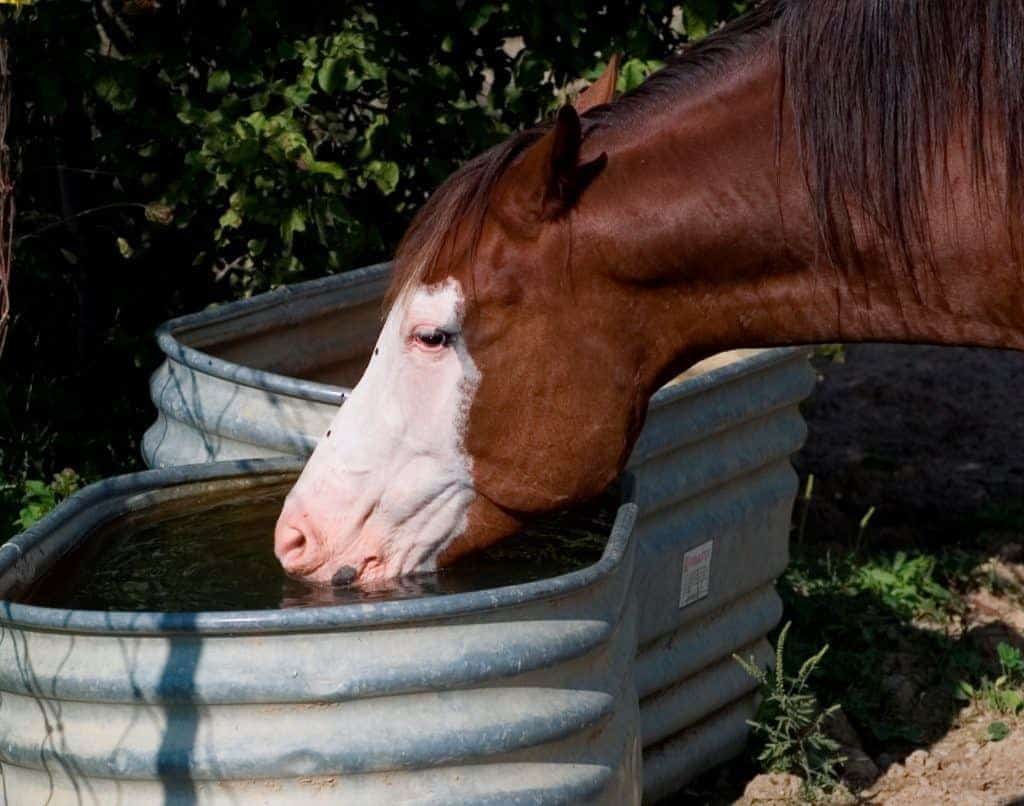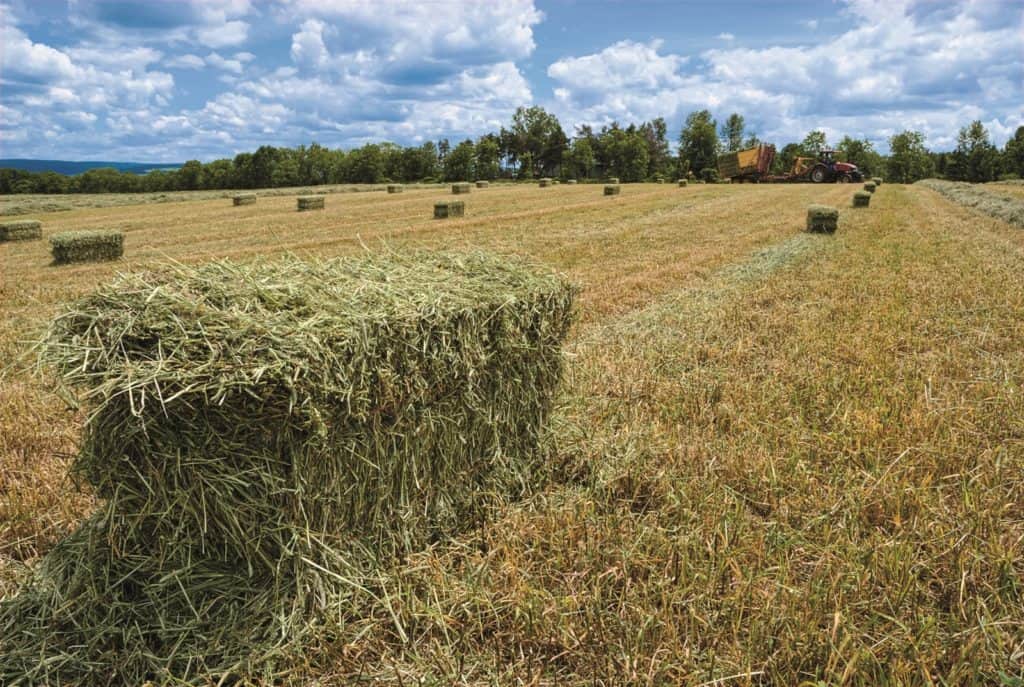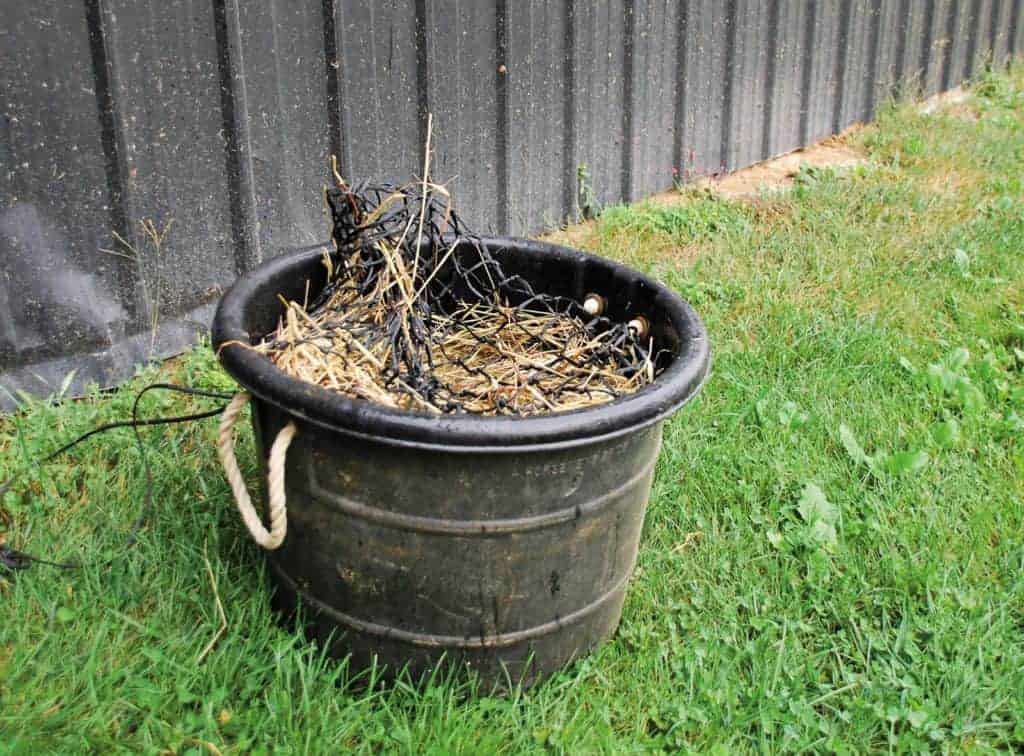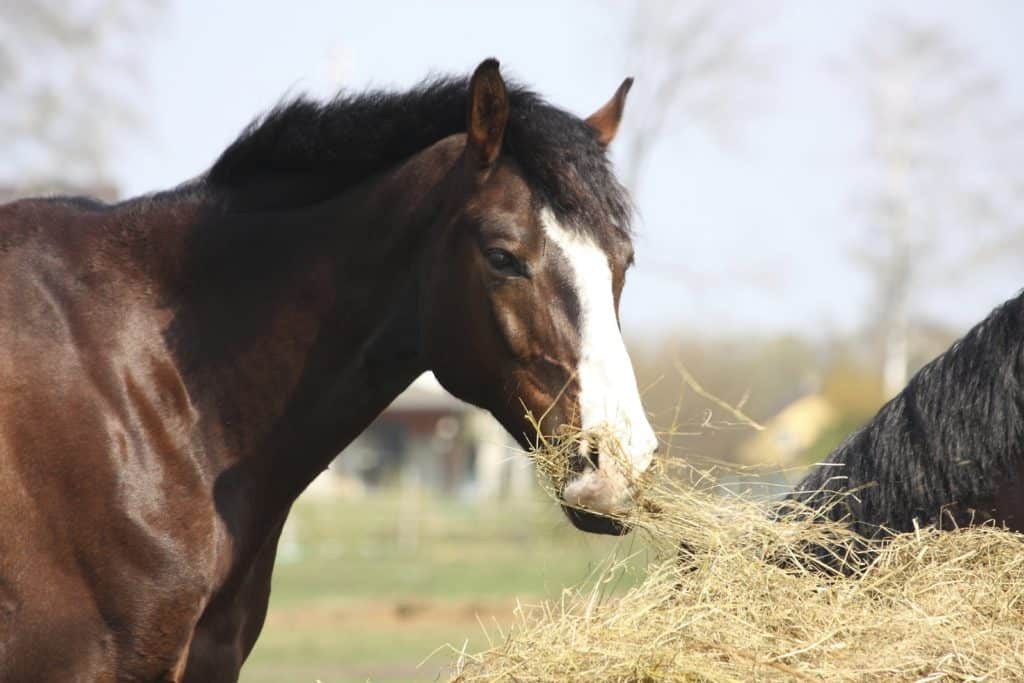
Poll Recap: Horse Watering Options
Of the 1,144 respondents, 485 (42%) said they use a stock tank to provide water for their horses.

Of the 1,144 respondents, 485 (42%) said they use a stock tank to provide water for their horses.

Have you ever had an out-of-context horse health issue that puzzled you and/or your veterinarian? What did it end up being?

Many owners have implemented water conservation practices at their facilities. Here’s how they’re faring.

Here’s how to ensure your horse receives ample nutrition and stays healthy while grazing spring pasture.

Drought conditions pose unique health care and management challenges for horse owners. Here’s what you need to know.

Learn what steps you can take to help ensure your horse’s feed is safe for him to consume.

Our new community water source is “hard” water, with higher levels of calcium and magnesium. Should I be concerned?

Horses can develop signs of toxicity soon after eating the plant or its seeds, but residual signs can persist for weeks.

Electric fencing can be a valuable tool for improving your pasture management. Here’s what to consider.

A program that integrates several control strategies is generally more successful than relying on only one method.

The Thoroughbred Retirement Foundation expects its hay costs in 2015 to exceed $220,000.

In some cases, hay needs to be modified slightly to decrease the soluble sugars to maximize the hay’s benefits. Here’s what you need to know.

Here’s how to feed your hard keeper once temperatures start rising.

Regulators are paying close attention to this seemingly innocuous trace mineral found in B vitamins. Find out why.

Do you really want to wrestle with frozen hoses? Here’s what to know about automatic waterers.

Researchers recently determined that some standard laboratory and commercial allergy tests for horses are not reliable.
Stay on top of the most recent Horse Health news with
"*" indicates required fields